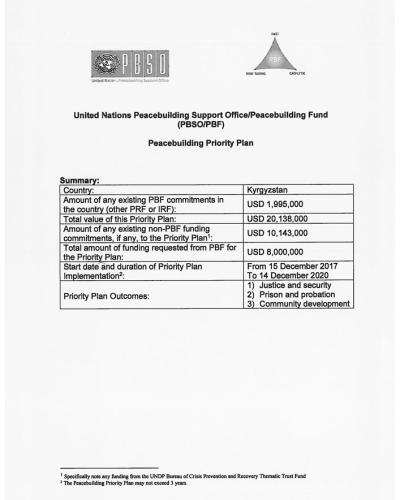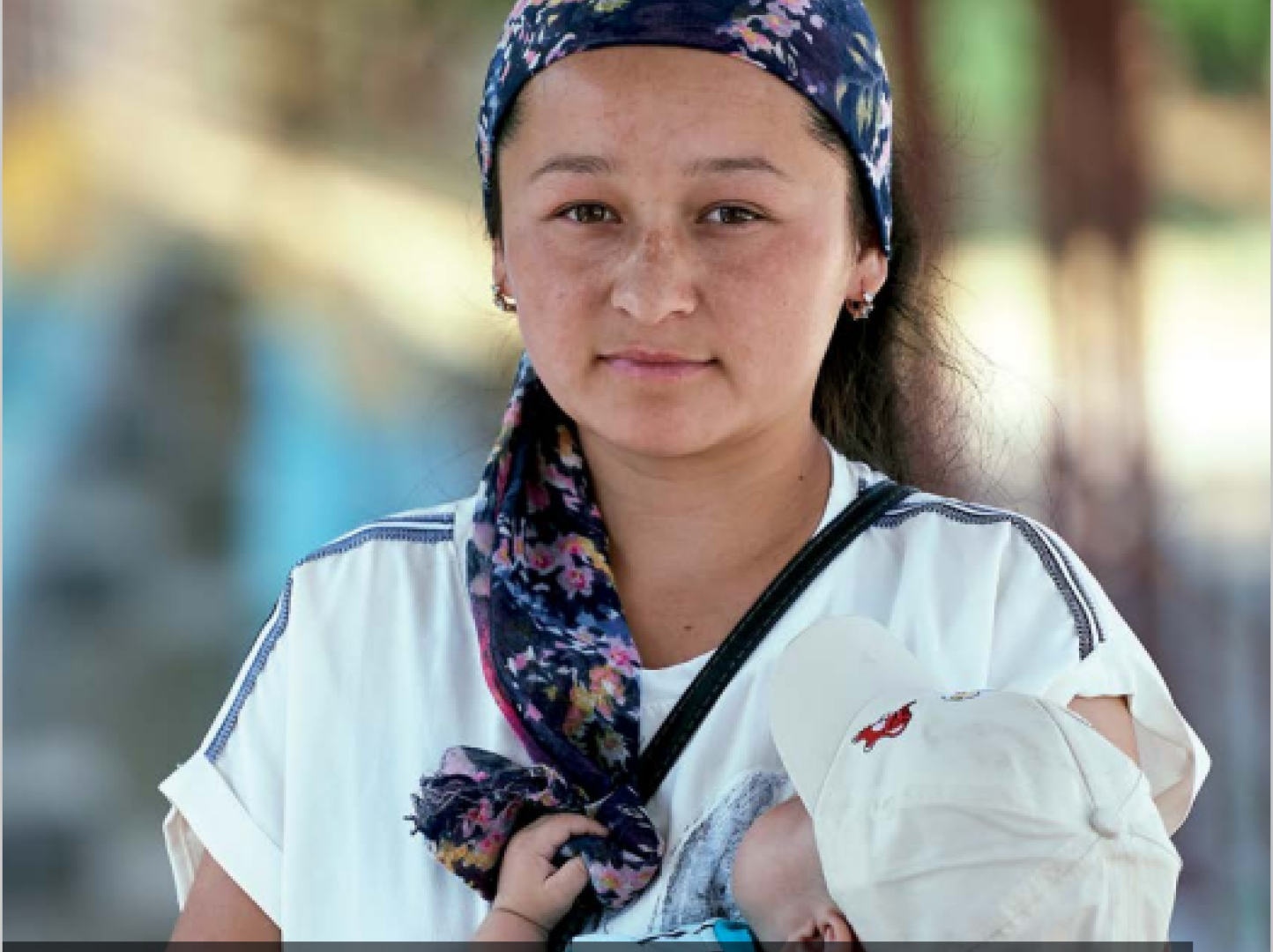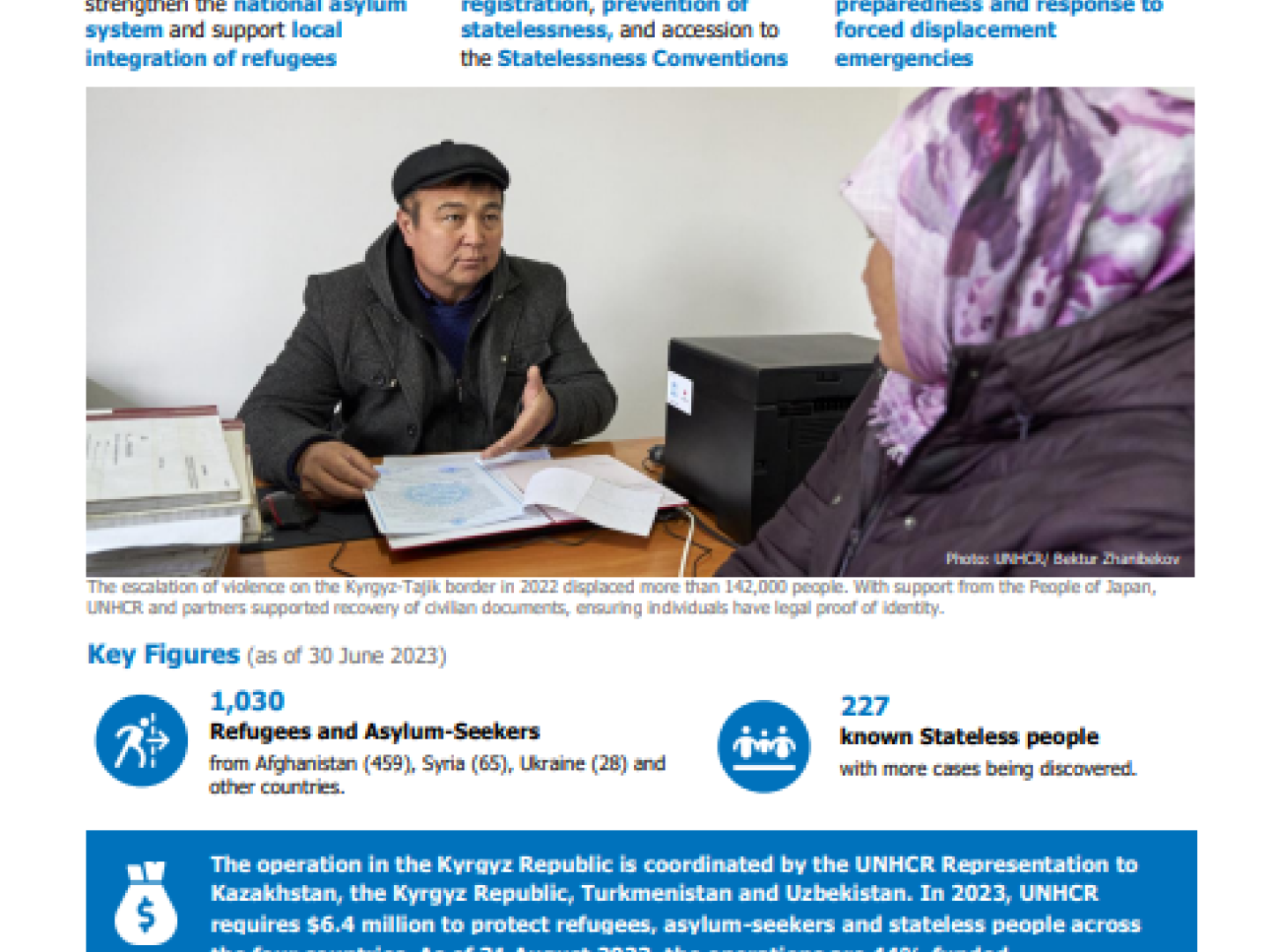Peacebuilding Priority Plan (PPP)

In 2013, the PBF extended its investment with a USD $15.1 million package for the implementation of a Peacebuilding Priority Plan (PPP) to address longer-term drivers of instability. The Plan focused on the role of governmental policies and laws, and the capacity of local self-government units to bridge divides between local ethnic groups. Gender was mainstreamed throughout the PPP, through a commitment of between 15-30% of the total PBF allocation dedicated to women’s empowerment.
A new PPP, approved by the PBF in December 2017, seeks to curb radicalization and violent extremism, including improving the State’s relationship with communities vulnerable to radicalization, improve the penitentiary system to stem the spread of radicalization, and address the marginalization of women and youth.
Peacebuilding Priority Plan (2013-2016)
In September 2013, PBSO approved $15.1 million priority plan under the PRF modality. From late 2013, the PRF support focuses on (a) the rule of law, justice and human rights; (b) local self-governance and peacebuilding; and (c) multilingual education and civic identity. Twelve projects, including secretariat support, corresponding to the three outcomes have been approved by the JSC and implemented by the RUNOs.
Programmatic Details of the Priority Plan:
Outcome 1. Critical laws, policies, reforms and recommendations of human rights mechanisms, including UPR, are implemented to uphold the rule of law, improve access to justice and respect, protect and fulfill human rights.
Outcome 2. Local self-government bodies, in partnership with related state institutions, and civil society, bridge divisions and reduce local tensions.
Outcome 3. Policies, pilot initiatives and approaches are developed and implemented that enable the further development of a common civic identity, multilingual education and respect for diversity and minority rights.
Key Documents:
Peacebuilding Priority Plan (2017-2020)
In recent years, Kyrgyzstan and other Central Asian states have witnessed a burgeoning phenomenon of radicalization and participation of its citizens in violent extremism. It is estimated that approximately 3,000 individuals from Central Asia have joined radical groups fighting in Syria and Iraq. This constitutes around 20% of all recorded foreign terrorist fighters (FTF) in Syria and Iraq. Of the reported number of 3,000 Central Asians fighting abroad, 803 are reported to be from Kyrgyzstan.
The renewed PPP with the total fund of $20,1 million is established on the progress achieved in the previous phase (2013-2016) by the support of PBF as well as various support by the international communities after the 2010 incident. While the previous phase focused on efforts of preventing future recurrence of interethnic conflicts, the new phase for the next 3 years will pay more attention to the aspect of prevention of violent extremism through extending support that addresses the root causes. The new PPP will aim at supporting efforts by the Government of the Kyrgyz Republic to prevent radicalization potentially leading to violent extremism. The expected outcomes of the PPP will be an increased resilience of target communities against radicalization and its pathway to violent extremism and improved state institutional capacity to address the most pressing drivers of violent extremism. The ultimate purpose is aimed at decreasing the number of the Kyrgyz citizens leaving for Syria or other countries as Foreign Terrorist Fighters as well as the number of extremist and terrorist cases through the strengthened state partnership with the public and religious communities.
The new PPP defines three interlinked outcomes, recognized as building blocks of interventions for preventing violent extremism in the Kyrgyz Republic. The three outcomes will be implemented through six UN agencies (UNDP, UNICEF, UN Women, UNODC, UNFPA and UN OHCHR). The six agencies have a comparative advantage in addressing the risks of radicalization and violent extremism.
Outcome 1: Justice and security sector institutions, national and local authorities apply socially inclusive approaches, participatory decision-making and guarantee increased civic space (UNDP, UNICEF, OHCHR, UN Women)
Outcome 2. Penitentiary and probation officers, as well as the police and forensic experts, are able to prevent and address radicalization to violence by ensuring adequate safeguards respecting national and international standards (UNODC, UNDP).
Outcome 3: Women and men, boys and girls in target communities take a more critical stance on ideologies instigating violence and have a better sense of belonging to their communities and participate in local development and dialogues over PVE. (UNICEF, UNFPA, UN Women).





